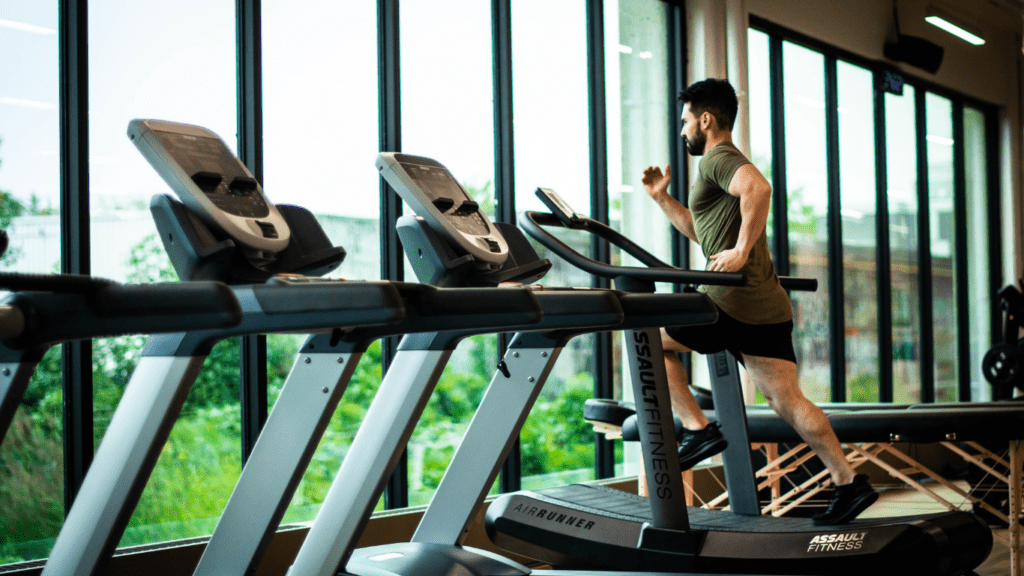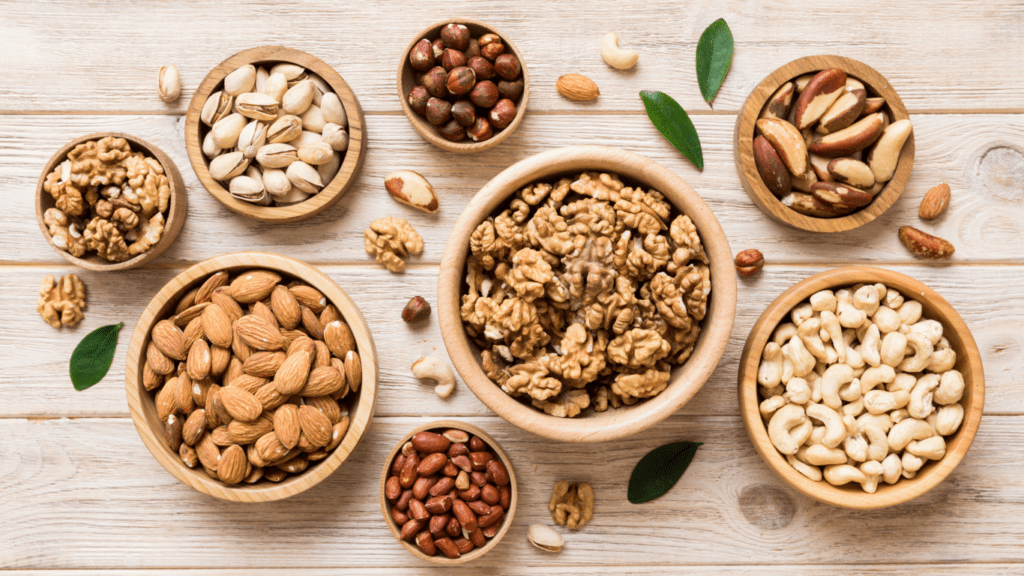In today’s fast-paced world, finding effective ways to manage stress is crucial for our overall well-being. When it comes to combating stress, I’ve discovered that holistic approaches can offer a comprehensive solution that addresses not just the symptoms but also the root causes.
By integrating mind, body, and spirit, these approaches provide a more balanced and sustainable way to reduce stress levels. In my experience, holistic techniques such as mindfulness meditation, yoga, aromatherapy, and acupuncture have been powerful tools in my stress management toolkit.
These practices not only help me relax in the moment but also promote long-term resilience against stressors. By adopting a holistic approach to stress reduction, I’ve been able to cultivate a sense of inner peace and harmony that positively impacts every aspect of my life.
Understanding Stress and Its Impact
Stress is a common experience for many individuals in today’s fast-paced society. It can manifest in various forms, affecting both the mind and body. Stress impacts our overall well-being and can lead to a range of physical and emotional symptoms if left unmanaged.
When stress becomes chronic, it can have detrimental effects on our health, including increased risk of heart disease, depression, and anxiety disorders. It is essential to recognize the signs of stress early on to prevent more severe consequences down the line.
By adopting holistic approaches to stress reduction, individuals can address not only the symptoms but also the underlying causes of stress. Practices such as mindfulness meditation, yoga, aromatherapy, and acupuncture have been shown to be effective in promoting relaxation and reducing stress levels.
Incorporating these holistic techniques into my daily routine has helped me cultivate a greater sense of inner peace and resilience. By understanding the impact of stress on my life, I have been able to make positive changes that have enhanced my overall well-being and quality of life.
Mind-Body Connection in Stress Reduction
- Mind-Body Connection in Stress Reduction: Integrating mental and physical practices like meditation and yoga fosters overall well-being.
- Effective Stress Management: Holistic approaches help manage stress and enhance resilience through mindful practices.
Meditation and Mindfulness Techniques
Practicing meditation and mindfulness techniques has been transformative in my stress reduction journey. Focusing on the present moment through guided meditations and mindfulness exercises has helped me cultivate a sense of calm and clarity amidst life’s challenges.
By centering my attention on the breath and observing my thoughts without judgment, I’ve learned to navigate stressors with greater ease and mindfulness.
Yoga and Tai Chi Practices
Engaging in yoga and Tai Chi practices has been instrumental in harmonizing my mind and body. The gentle movements, combined with controlled breathing, have allowed me to release tension and promote relaxation. Through regular practice, I’ve experienced improved flexibility, strength, and mental clarity.
Yoga and Tai Chi have become integral components of my holistic approach to stress management, fostering a deeper mind-body connection and promoting overall well-being.
Holistic Nutrition for Stress Management
Incorporating holistic nutrition into my stress management routine has been transformative. A balanced diet rich in essential nutrients is vital for combating stress and promoting overall well-being.
Foods high in omega-3 fatty acids, such as salmon and chia seeds, can help reduce cortisol levels, the stress hormone. Additionally, dark chocolate and blueberries are packed with antioxidants that combat the effects of stress on the body.
I have found that avoiding processed foods and excessive caffeine has a profound impact on my stress levels. Instead, focusing on whole foods like leafy greens, nuts, and lean proteins has provided me with sustained energy and a clearer mind.
Hydration is also key in stress management, as even mild dehydration can increase cortisol levels, leading to heightened stress. By nourishing my body with wholesome foods, I’ve noticed a significant improvement in my overall stress levels and mental clarity.
Adopting a holistic approach to nutrition has not only reduced my stress but has also enhanced my resilience and ability to cope with daily challenges effectively.
Incorporating Physical Activity for Stress Relief
Engaging in physical activity is a powerful tool for reducing stress and enhancing overall well-being. I find that activities like jogging, swimming, or practicing yoga not only help me stay fit but also play a vital role in managing my stress levels effectively.
The combination of movement and focus on breathing during physical exercises can bring a sense of calm and relaxation to both the mind and body. Regular physical activity releases endorphins, the body’s natural mood elevator, which can help alleviate feelings of stress and anxiety.
When I incorporate exercise into my daily routine, I notice a significant improvement in my energy levels and mood. Whether it’s a brisk walk in nature or a session of strength training at the gym, physical activity offers me a healthy outlet to release tension and clear my mind from the stresses of everyday life.
Moreover, engaging in physical activities helps me break the cycle of rumination and negative thought patterns that often accompany stress. By focusing on the movements and sensations of my body during exercise, I can shift my attention away from sources of stress and towards the present moment.
This mindfulness practice not only enhances my overall mental well-being but also cultivates a sense of inner peace and balance. Incorporating physical activity into my stress management routine has proven to be a cornerstone of my holistic approach to well-being.
By making time for regular exercise, I not only take care of my physical health but also nurture my mental and emotional resilience. Whether it’s a solo workout session or a group fitness class, physical activity has become an essential tool in my journey towards a stress-free and balanced life.



